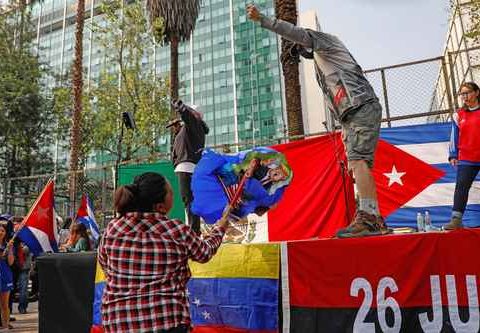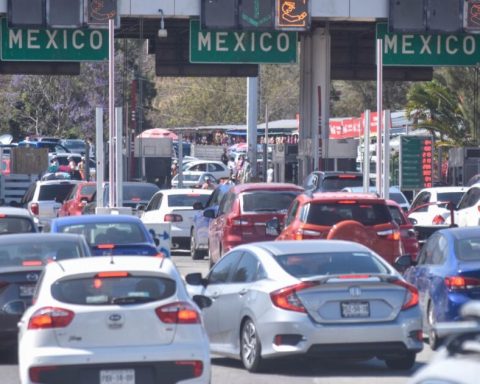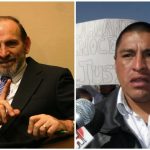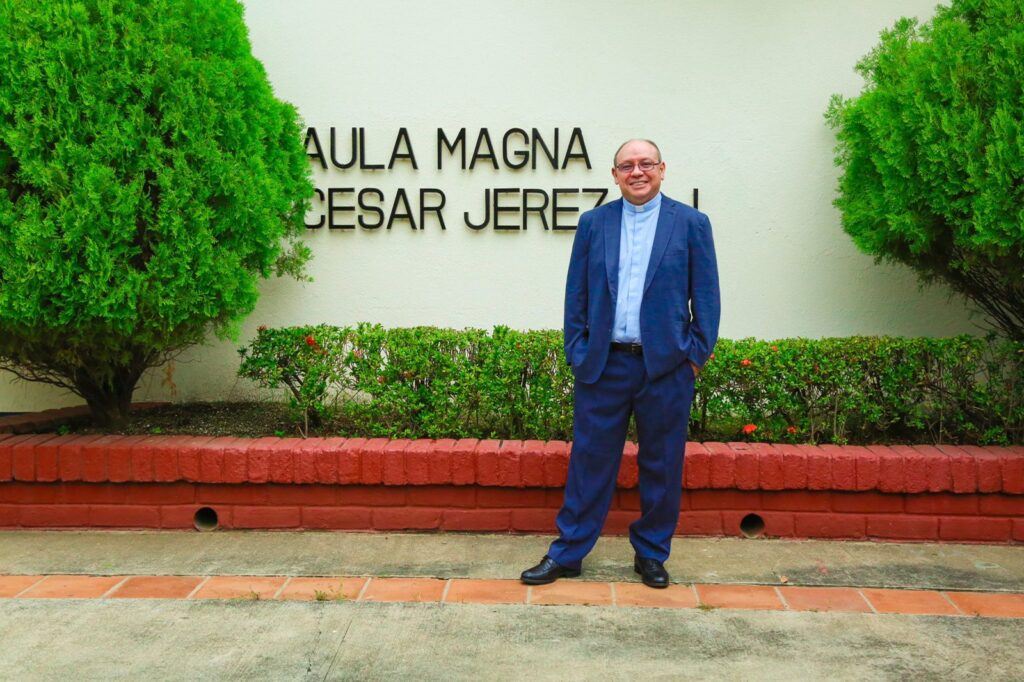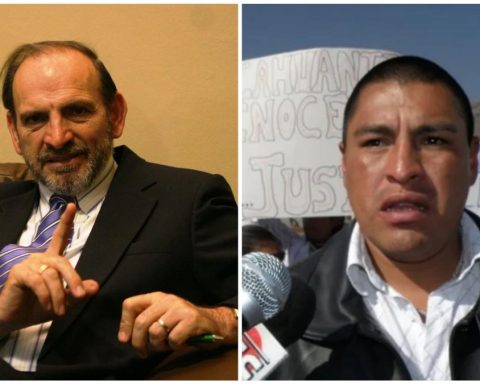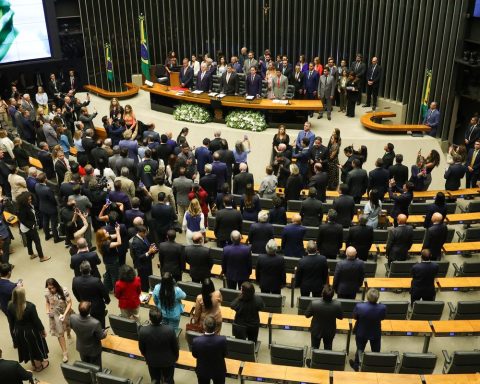AND
n the largest American Protestant denomination, the scandal broke. After several complaints from victims that were made public in different media, the executive committee of the Southern Baptist Convention had no escape and had to accept an independent investigation, which documented sexual abuse of almost 400 pastors and leaders.
It seems necessary, it seems to me, to provide some facts about Baptists and the Southern Baptist Convention (SBC). Baptists emerged in the 17th century from English Puritanism, a movement opposed to the Anglican Church. The Puritans considered that Anglicanism did not promote a dynamic Christian faith and had bowed to the interests of the British crown rather than to comply with the principles of the Gospel. Roger Williams was part of the Puritans who migrated to the new world. Williams (1603-83) studied at Cambridge University, the hotbed of Puritanism. He arrived in Salem, Massachusetts, in 1631 and took charge of a Puritan congregation. Roger joined the movement that criticized the hierarchical predominance in Puritanism, in addition to urging a separation from the Church of England. Driven out of the Puritan colony, Williams bought land in part of what would become Rhode Island, where he set about building communities free of religious coercion and persecution, under the motto God does not require uniformity of religion
. Convinced of Baptist principles, Williams founded in 1638, in Providence, Rhode Island, the first Baptist Church in what is now the United States (data in Dictionary of Christianity in America, InterVarsity Press, 1990; Y Encyclopedia of EvangelicalismWestminster John Knox Press, 2002).
From their origins, Baptists are characterized by affirming classical Protestant beliefs, they also practice the baptism of believers, aware that in this way they voluntarily join a local church, defend the church-state separation, practice congregational government and do not recognize the authority of external entities, although they have ties of brotherhood with other local churches that share principles that they consider essential to the Christian faith. Each congregation elects its pastor.
The SBC was born when Southern Baptists did not accept that organizations of which they were a part denied access to leadership and the possibility of being missionaries to those who owned slaves. They decided to separate in 1845 and created the new body that brought them together fraternally to carry out common projects. As stated at the outset, the SBC is the largest Protestant denomination in the United States, with a membership of about 15 million people and about 48,000 local churches. The predominant tendency in CBS is conservative and in favor of traditionalism in ethical matters.
The independent report is devastating. In 288 pages, he describes the mechanisms of secrecy and concealment that have been woven since 2000 to protect sexual predators (https://bit.ly/3z5DOwF). For the preparation of the document and legal costs of the investigation, CBS had to allocate 4 million dollars. Before 2000 there were cases of abuse, but the investigation is focused on the last two decades. As in the case of attacks of the same nature in the Catholic Church, it was the victims’ persistence in denouncing what opened the way for the institutional complicity that protected the perpetrators to become known.
The denouncers of attacks in churches affiliated to the CBS found that, instead of punishing the attackers and being accompanied in denouncing the crime before legal instances, first the local leaders, then the regional ones and, finally, the members of the executive committee of the denomination questioned whether sexual abuse had occurred. They stigmatized the victims by considering that the motivation for making their suffering known was to discredit the good reputation of the pastor or leader in question. As happened with the Catholic leaders, the CBS authorities were more concerned that the institutional prestige was safeguarded and minimized the evidence and testimonies of those who suffered the attacks.
What was the result of the closure to the complainants? That the predators continued to carry out attacks protected by the impunity that the denominational structure wove in their favor. The report documenting the abuses also includes recommendations for building safe church environments for those in local CBS-affiliated communities, as well as clear pathways for reporting attacks. Will CBS enforce anti-abuse guidelines?




